Suppose I have the following function definition.
fun<T> parse(a: Any): T = when (a) {
is String -> a
else -> false
}
I guessed it should be valid. However, the IntelliJ IDEA linter shows a type mismatch error
That being said, I would change the return type of my parse function to Any, right? So that, what is the difference between using Any type and Generics in Kotlin? In which cases should use each of those?
I did read the following question but not understood at all about star-projection in Kotlin due to the fact I am quite new.
